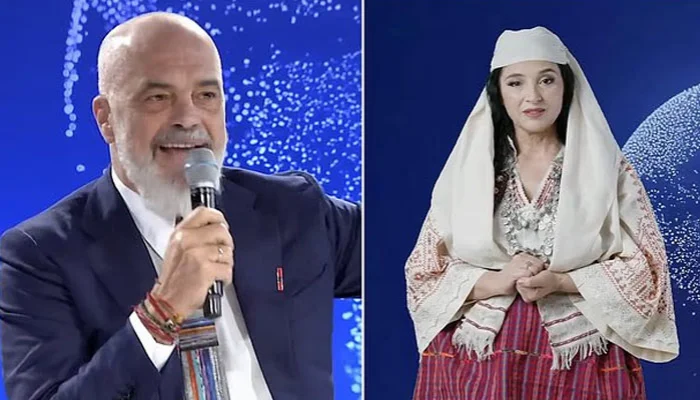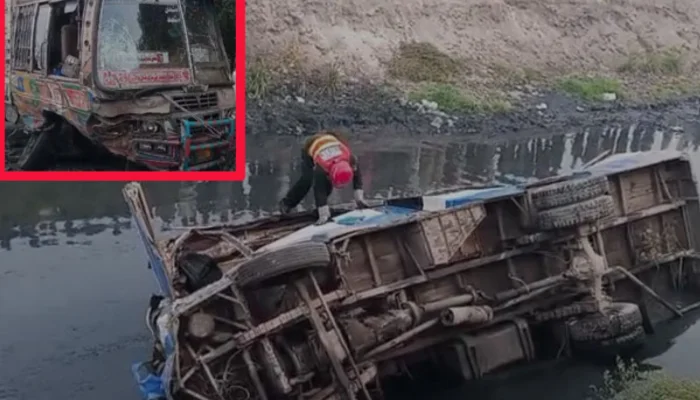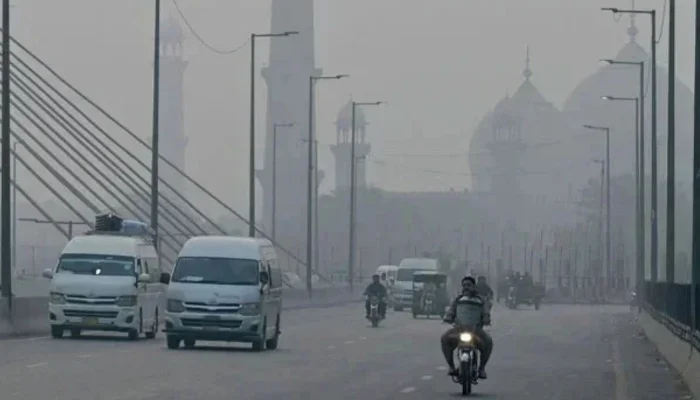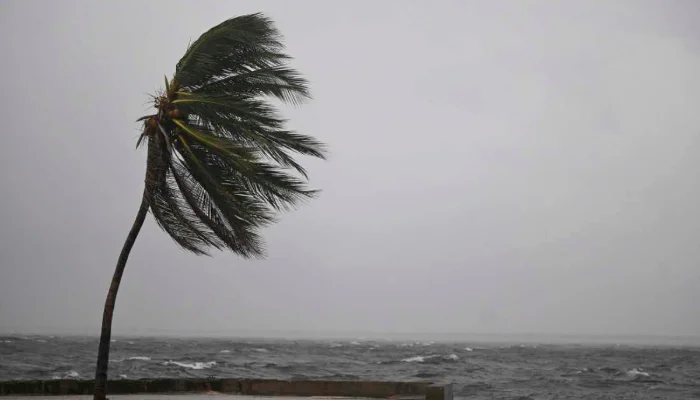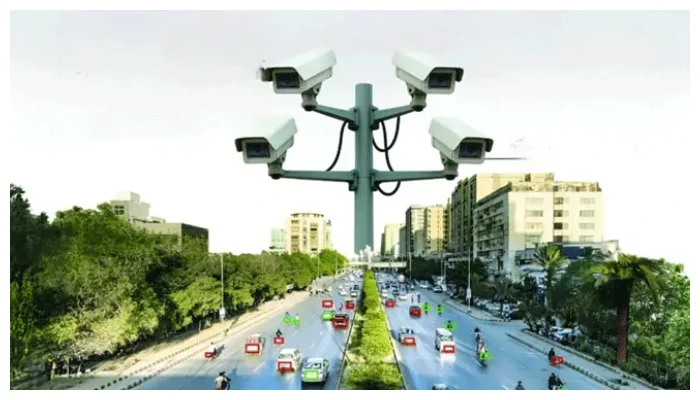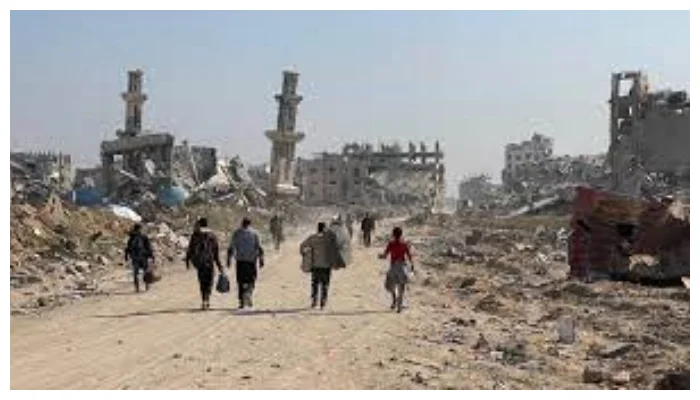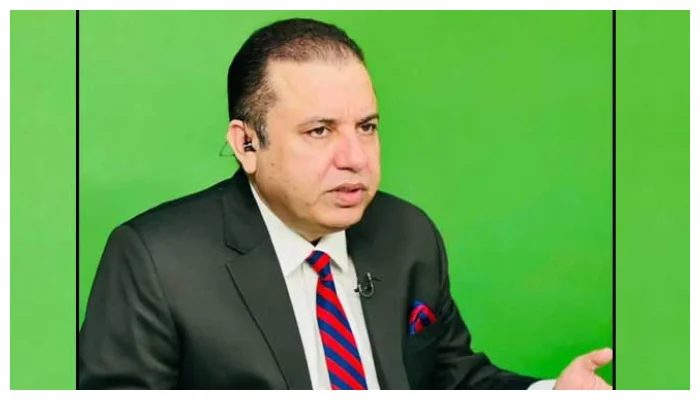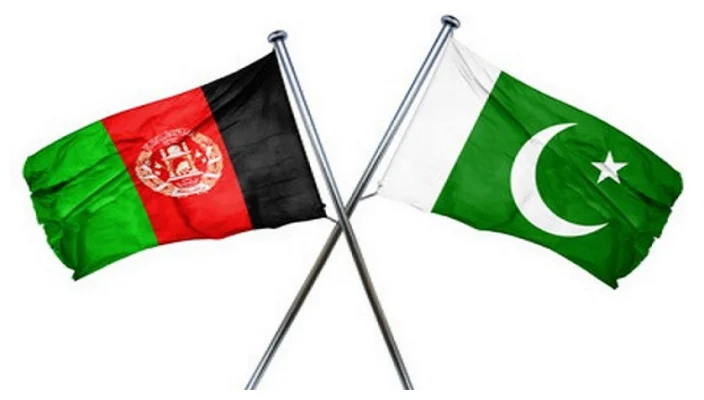President Joe Biden landed in Japan on Sunday for the second half of his Asia trip that highlighted the United States’ commitment to the area but was overshadowed by fears that North Korea will test a nuclear weapon after disregarding Washington’s outreach efforts.
Biden, on his first trip to Asia as president, arrived at Yokota Air Base outside of Tokyo on Monday, where he will meet with Prime Minister Fumio Kishida and the Emperor, as well as reveal a US-led international trade plan.
He joins the presidents of Australia, India, and Japan for a Quad group summit on Tuesday, reinforcing the theme of American leadership in the Asia-Pacific.
The trip, which coincides with rival China’s economic disruption due to Covid outbreaks, has been hailed by Washington as a demonstration of the US desire to keep its commercial and military edge in the region.
But the danger that North Korea will launch a nuclear-capable missile or a bomb hangs over every step of Biden’s journey.
This was speculated to happen while Biden was only across the border in Seoul, but it did not happen. The threat, according to US National Security Advisor Jake Sullivan, is still present.
Sullivan said North Korea has an option, echoing Biden’s earlier statement that the US is “prepared for anything North Korea does.”
“If North Korea acts, we’ll be prepared to respond. If North Korea doesn’t act, North Korea has the opportunity, as we’ve said repeatedly, to come to the table.”
Pyongyang has so far declined to answer US appeals for dialogue, officials say, even ignoring offers of help to combat a sudden mass outbreak of Covid-19, according to Biden.
And while in Seoul, Biden confirmed he was prepared to meet with Kim Jong Un if the leader-for-life is “sincere”, but Sullivan said that remains far off.
“We’re not even at step one yet,” he said.
Symbolizing the apparent one-way conversation, Biden said the only message he has right now for Kim would consist of a single word: “Hello. Period,” he said.
– Military exercises –
Biden spent two days with South Korea’s new President Yoon Suk-yeol, beefing up the military defense against North Korea high on the agenda.
They issued a statement on Saturday saying that “considering the evolving threat” from Pyongyang, they were looking at expanding the “scope and scale” of joint US-South Korean military exercises.
Joint exercises had been scaled back due to Covid and for Biden and Yoon’s predecessors, Donald Trump and Moon Jae-in, to embark on a round of high-profile but ultimately unsuccessful diplomacy with North Korea.
In contrast to the dovish Moon, Yoon said he and Biden discussed possible “joint drills to prepare for a nuclear attack” and called for more US assets to be deployed to the region.
Any increase in forces or cooperative military exercises would undoubtedly infuriate Pyongyang, which sees the drills as invasion rehearsals.
North Korea has undertaken a flurry of sanctions-busting weapons tests this year, including the first full-range intercontinental ballistic missile launch since 2017, with satellite imaging indicating a nuclear test is imminent.
However, a raging Covid-19 outbreak could disrupt its weapons testing schedule.
Since the Omicron variety was first found in April, more than 2.6 million cases of “fever” have been documented, according to state media.
– Economic ties –
Before heading to Japan on Sunday, Biden met with the chairman of Hyundai to celebrate a decision by the South Korean auto giant to invest $5.5 billion in an electric vehicle plant in the southern US state of Georgia.
He also met US and South Korean troops alongside Yoon, a schedule that a senior White House official said was able to “reflect the truly integrated nature” of the countries’ economic and military alliance.
Biden is also emphasizing a broader, almost existential aspect to his trip, saying that Asia is a key battleground in the global “competition between democracies and autocracies”.
“We talked in some length about the need for us to make this larger than just the United States, Japan, and Korea, but the entire Pacific and the South Pacific and Indo-Pacific. I think this is an opportunity,” Biden said after meeting Yoon.
While China is the principal US adversary in this conflict, Biden highlighted the serious threat posed by Russia when he signed a $40 billion aid bill late Saturday to aid Ukraine in its fight against Russian forces.

